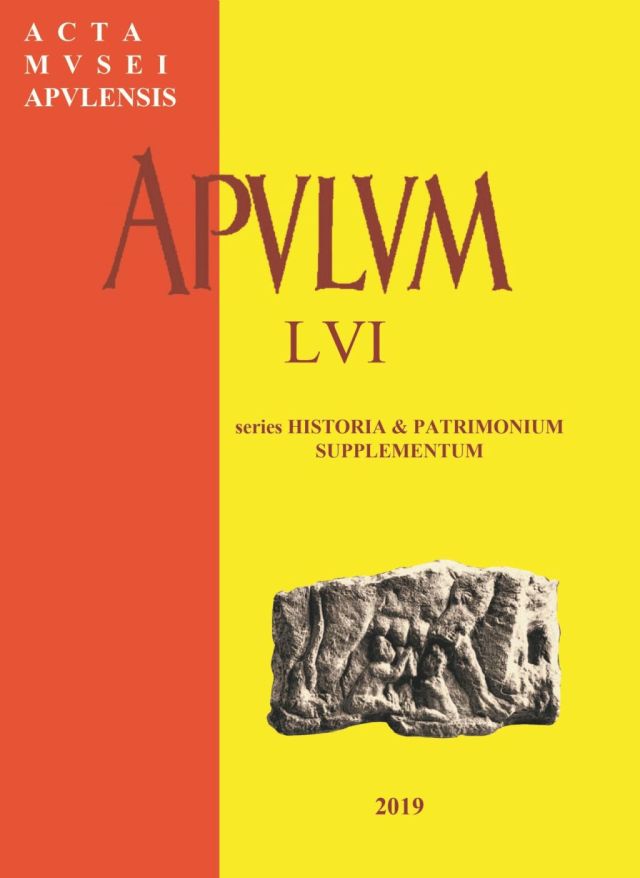Articuli de la Alba Iulia în colecția Bibliotecii Parlamentului de la Budapesta și BCU Cluj-Napoca
Articuli from Alba Iulia in the collections of the Library of the Parliament from Budapest and the Central University Library from Cluj-Napoca
Articuli from Alba Iulia in the collections of the Library of the Parliament from Budapest and the Central University Library from Cluj-Napoca
Author(s): Iulia Atena BogdanSubject(s): History, Cultural history
Published by: Muzeul National al Unirii Alba Iulia
Keywords: Articuli; Alba Iulia; Transylvania; XVIIth century; princely printing house;
Summary/Abstract: Transylvania's written law based on the Unio Trium Nationum, the agreement between the Hungarian nobles, the leaders of the Saxons and the Szeklers on political leadership.In an analysis of the sources of the Transylvanian law we identified the Romanian custom with origins in Roman law, the traditions of the Transylvanian Hungarians, a type of Hungarian feudal law, the Saxon urban customs, also inspired by Roman law. With the appearance of chancelleries and chapters, written law emerged. Hungarian kings promoted written norms, decrees were issued, the Opus Tripartitum was edited. Important components of the written law were the decisions (articuli) of the Transylvanian Diets from the 16th-17th centuries, which appeared collected in the Approbatae and the Compilatae Constitutiones of the second half of the 17th century. Working procedures, structure, functions, relations with the sovereign are all reflected in the decisions of the 299 Transylvanian diets that were organized and conducted in the Principality's era. The absolutism of the principality, stemming from the need to consolidate Transylvania's autonomous status in relation to the expansionist aims of the Austrian Empire and the Counter-Reformation, established a political ideology on the previous tradition of the centralized state. The absolutist ideology of the principality showed a moderate, Calvinist approach, in which care for the people was observable. This absolutism was a vision of the princes, oriented towards European sources, with bases in the feudal society of Transylvania.
Journal: Apulum
- Issue Year: 56/2019
- Issue No: 2
- Page Range: 23-40
- Page Count: 18
- Language: Romanian
- Content File-PDF

